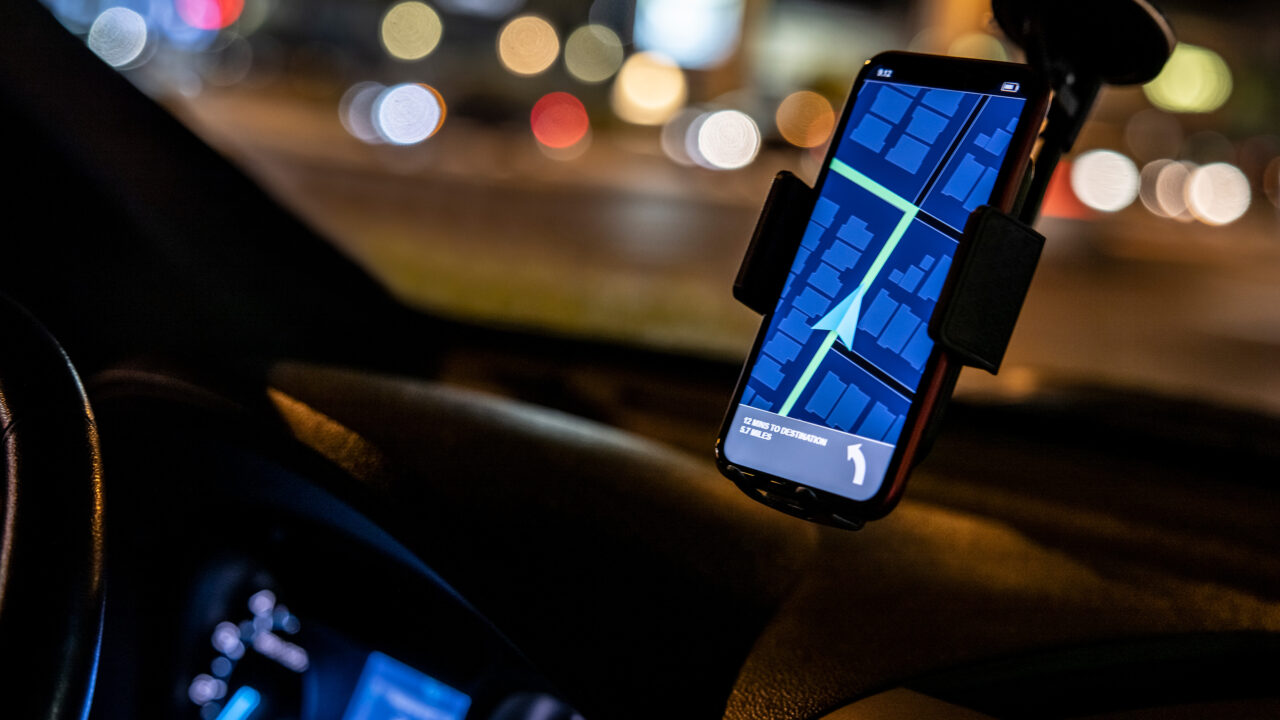Through their relentless marketing efforts, rideshare companies have urged the public to defy common sense and undermine every parent’s edict—“don’t get in a car with a stranger.” Unfortunately, despite their self-proclaimed “commitment to safety,” opening a Rideshare App on your phone and setting the pick-up location has proven to be the modern-day equivalent of electronic hitchhiking. Buyer beware. . .we all know how those horror movies end. In successfully litigating cases against these billion-dollar companies, Pearce Lewis LLP has rewritten that ending for multiple rideshare victims.
Since their launch in the early 2010s, rideshare companies have accomplished their aggressive national expansion by entering cities throughout the U.S. and worldwide by ignoring critically important long-standing legal and regulatory authority for taxi and limousine services in nearly every city in which they operate. Together, rideshare leaders Uber and Lyft operate in over 700 cities and provide more than 20 million rides each day. While these business models have allowed rideshare companies to expand at a breathtaking pace, it has come at an enormous cost to the consumer, often lone females, as their safety has been compromised and placed directly at risk.
The business model of rideshare companies requires an enormous pool of drivers to provide rides to customers quickly and efficiently, while putting profit over safety. To accomplish this, rideshare companies solicit and retain thousands of non-professional drivers. Time and again, we have seen that countless such drivers have not been properly vetted and, indeed, may not even be the person the app purports them to be.
In a moment of candor, Uber, in its S-1 Disclosure filed with the Securities and Exchange Commission prior to its 2019 IPO, disclosed the following to the public when discussing potential issues that could affect its business model:
- In addition, changes in Driver qualification and background-check requirements may increase our costs and reduce our ability to onboard additional Drivers to our platform. Our Driver qualification and background check process varies by jurisdiction, and there have been allegations, including from regulators, legislators, prosecutors, taxicab owners, and consumers, that our background check process is insufficient or inadequate…
- Legislators and regulators may pass laws or adopt regulations in the future requiring Drivers to undergo a materially different type of qualification, screening, or background check process, or that limit our ability to access information used in the background check process in an efficient manner, which could be costly and time-consuming. Required changes in the qualification, screening, and background check process… would adversely impact our business and growth.
Despite the undeniable and acknowledged fact that Uber’s background checks, or more accurately its lack thereof, has been put into question by regulators, legislatures, prosecutors and consumers, Uber continues to actively choose to market to the public that its top priority is “safety.” The reality is that its top priority and that of other transportation companies have been rapid-fire expansion in pursuit of quick profits.
